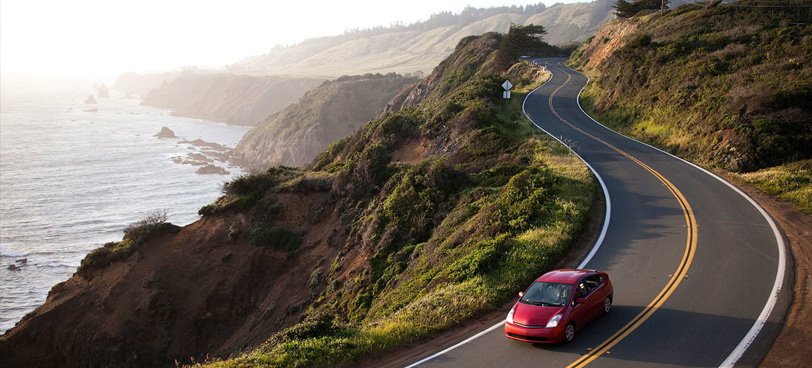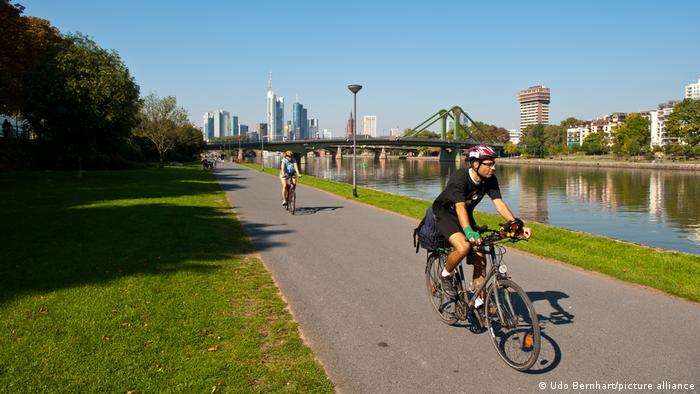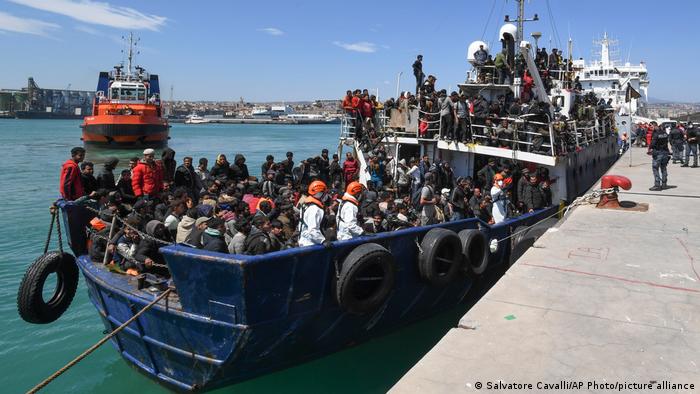PACKING experts have revealed the best methods for getting the most out of the space in your luggage when you go on holiday.
Luxury British luggage company Antler have been making suitcases for more than 100 years, so know a thing or two about packing for holidays.
They explained their six best tips for getting as much as you can into your suitcase, while still having everything you need.
Write a list (early)
For many this could be stating the obvious, but Antler advise that you never start packing without a list of everything you will need for your trip.
It will help ensure you don’t overpack, or forget any essentials.
Start your packing list a week before you travel, so there’s plenty of time to add things you might have forgotten and just not realised that you will need.
Pick out your bags or suitcases
Decide what type of bag or suitcase you need for your trip the week before and get it out immediately to check it’s in good shape.
You don’t want to be packing the night (or even 2 days) before, only to find the suitcase you haven’t used since last year has a broken handle and you didn’t get round to doing anything about it.
This way you can be fully prepared and know if any of your bags need replacing.
Use packing cubes
Packing cubes are becoming more and more popular with frequent travellers, including pilots and flight attendants.
They’re useful whether you’re away for two nights or two weeks and come in different sizes so travellers can pack their underwear and socks in one, tops and trousers in another.
On arrival, simply lift them out of your case and there’s no need to fully unpack. They’re particularly helpful for staying organised on multi-stop trips too, and for keeping the hotel room tidy.
Go easy on the shoes
Shoes take up a lot of space, so try to only pack pairs that are versatile, like a pair of trainers you can use for the gym, but that will also be comfortable and smart enough for site-seeing day trips.
If you do need several pairs of shoes with you, make sure to invest in shoe bags. They’re essential to keeping the rest of your packing clean and odour free and can keep your suitcase organised.
Non-essential shoes are one of the biggest wastes of space in a bag, so wise footwear planning can be really important.
Keep a wash bag ready packed
If you’re a frequent traveller, always keep a wash bag packed and ready to go.
That way you won’t forget your essentials like your toothbrush or contact lenses.
If that means keeping double stock at home of bathroom products or make up – do it.
What you pack in your wash bag rarely needs to change depending on your location, so it will save you time before you travel.
Use mini organisers
Use a mini travel organiser (or two) to keep small essentials neatly in one place.
Your tech kit like a laptop charger, phone charger and earphones will sit tidily in one, and a toothbrush and toothpaste, mini contact solution and emergency paracetamol will be useful in another.
Keep them in your hand luggage for easy access.
Essential items like medications or cash can also go in hand luggage mini organisers because it’s a lot less likely to get lost there than it is in a checked-in suitcase.
Meanwhile, this simple luggage mistake could make you miss your flight.
And this major airport rule change could affect how you prepare for your holidays in the future.




